It was a shocking end to a career lived at full throttle: the sudden death of AC/DC’s flamboyant singer Bon Scott at the age of 33 in London in 1980.
The Forfar-born rocker, who spent his early years in Kirriemuir and didn’t so much flirt with danger as invite it upstairs for a night of crazy love, was no stranger to temptation and the cause of his demise was listed as “acute alcohol poisoning”.
Understandably, his passing left a huge void in the group who had struck gold with their sixth album Highway to Hell in 1979 and were rapidly gaining a global reputation.
They briefly considered disbanding altogether, but Bon’s parents, Chick and Isabelle, who had emigrated from Angus to Australia in 1952, convinced them to persevere.
So the next issue was: who would be up to the job of filling Bon’s boots and bringing his indomitable vocal style to their growing audience across the world?
And that sparked a remarkable sequence of events which wouldn’t have been out of place in the film This is Spinal Tap.
A chance meeting in Torquay
Back in 1973, English band, Geordie, were on tour in Torquay and trying to stay warm amid the unseasonal sleet and hail as they prepared for a gig at the Town Hall.
Their lead singer, Brian Johnson, had never felt so cold in ages and decided to rectify matters by watching the warm-up act, an Australian combo who had just changed their name from Fraternity to Fang, but were still experimenting with their music.
He wasn’t a huge fan of their repertoire, but couldn’t take his eyes off their singer, “one of the wildest-looking cats I’d ever seen”, who took the audience by storm, not only with his ferocious vocals, but by playing a recorder, a bassoon, anything close to hand.
Johnson asked one of the roadies: “Who’s that?” And it was his first introduction to Bon Scott, the man whom he was destined to replace in AC/DC seven years later.
But they only met when the Fang gang’s tour bus broke down and they knocked on the window of the B&B where Johnson and his band colleagues were staying – so Johnson “forced open the window sash and heaved the Aussie boys inside, while trying not to wake the landlady”.
It was the only time their paths collided. But it was momentous.
Geordie were no more by the time the 1980s arrived and Johnson admitted he was shocked to the core when he heard the news about Scott’s passing.
He could hardly believe that somebody like Bon, who was only a year older, fighting fit and apparently in the prime of his life, could slip into the ether so quickly.
He said in his new autobiography The Lives of Brian: “It was the tragedy that struck me – not only for Bon’s family, bandmates and friends, but also for anyone who loved rock.
“Whole Lotta Rosie was one of the greatest rock songs of all time, as far as I was concerned and it was just one of many classics that he had written and recorded with AC/DC, from Let There Be Rock to Dirty Deeds Done Dirt Cheap.
“They had outdone themselves with Highway to Hell – the title song about the hardships of life on the road – and had even got onto Top of the Pops with Touch Too Much, where Bon looked as if he was having the time of his life. They were becoming huge.”
It never occurred to him he would join
In the weeks ahead, there were doubts over their future, but Chick and Isa told [guitarists] Angus and Malcolm Young that their son would have wanted AC/DC to keep going, especially now they had enjoyed success and were working on a new LP.
Brian, who was living in Newcastle, received a phone call from the group’s management inviting him for a test session, but he wasn’t even sure he wanted to travel to London when he suspected he would just be making up the numbers.
Even after he was persuaded to make the journey down, there was farce when he started playing pool with the AC/DC road crew and forgot about the audition.
As he recalled: “I’d assumed the band were busy and would come and get me, but no, they were in the rehearsal room, looking at their watches, wondering where the f*** the guy from Newcastle was. Eventually, their tour manager, Ian Jeffery, was dispatched as a search party and asked [the roadies]: ‘Has anybody seen that Geordie lad?'”
“I told them: ‘I’m a Geordie’. Shocked, the crew looked at me. ‘Are you Brian?’ And I nodded. ‘Oh, for f***’s sake, we’ve been waiting for you for an hour.”
It’s just as well that, off stage as least, AC/DC were a patient bunch.
The next few hours passed in a whirl of emotions. He offered them a stirring rendition of the Ike and Tina Turner classic Nutbush City Limits and they all joined in.
Which, from his perspective, was the “best thing I’d ever felt and heard”.
Then he followed it up with Whole Lotta Rosie, which sent shivers up his spine and left him thinking: “Bon was there in the room with us, smiling and sipping on his rum and coke”.
At the end, he thanked Malcolm and Angus and reflected that his mates on Tyneside would never believe the thrill of what he had just done. Not even meeting AC/DC’s manager Peter Mensch could convince him he was in the frame to replace Bon.
Instead, he told Mensch he couldn’t stay, because he had to fix the roofs on three Ford Cortinas and a Datsun Cherry which were waiting in the shop back home. And no, he didn’t have time for a glass of ale before his five-hour trek up the A1.
“Peter asked: ‘Can I at least give you a ring when you get back to Newcastle?”
“‘Any time’, I told him.
“‘That’s the last I’ll ever hear from that guy’, I thought, on the motorway.”
A Grand National day to remember
Brian’s trip home was at an altitude of cloud nine, despite his conviction he would not be offered the job with AC/DC. But at least he had shared time, swapped stories and made music with these luminaries and he could dismiss anything more as a fairytale.
Yet, by the stage of him walking into work the next morning, Mensch was on the phone and doing his utmost to arrange a second audition as swiftly as possible.
He even offered to fly Brian down, but this was too much. Things were moving too fast – or at least until one of the tyres on his Toyota blew during his second journey to London and he spent half-and-hour in the mud and drizzle changing the wheel.
However, after arriving at Vanilla Studios, he carried on creating a positive impression, not least when he was asked to perform the title track of the new album, Back in Black.
And he nailed it straight away. He knew it and so did his colleagues. After all, as he said: “There’s no mistaking the look on someone’s face when they hear something for the first time that gives them chills. It’s involuntary. There’s nothing you can do about it.”
By now, there was a momentum building up. That night, he stayed in a hotel near Lord’s Cricket Ground and felt a frisson of excitement as he pondered joining a supergroup.
Johnson eventually got back to Newcastle the night before the Grand National, which was being staged on March 29, the same date as his father’s birthday.
But there was a crushing blow when he picked up the paper the next morning and read about how AC/DC had found another singer – an Australian with Scottish roots, called Allan Fryer – and it was all systems go for their new recording and a future tour.
His response was typically self-deprecating. “The relief was greater than the disappointment, to be honest. I thought I was boxing well above my weight.”
And yet, before he had time to make sense of it, the phone rang. It was Malcolm Young – pushing Brian to make a decision because “this album won’t record itself, y’know”.
It turned out not only that Fryer hadn’t been given the job of replacing Bon, but he hadn’t done an audition. The Youngs wanted Brian, so what was his answer?
Even now, there were niggling doubts. He couldn’t quite comprehend what was unfolding. So, incredibly, he asked Malcolm to ring him back 10 minutes later.
And he did.
Quietly, persistently, he inquired: “It’s yours if you want it, mate”.
Well, we can all fathom what transpired, as the consequences of the news finally struck Brian and he roared down the receiver: “Oh f**k, yeah. Where do I sign?”
At which point, the course of rock music history changed forever.
- The Lives of Brian is published by Michael Joseph.
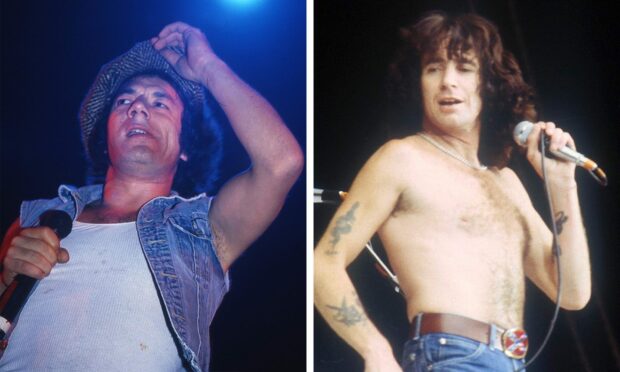
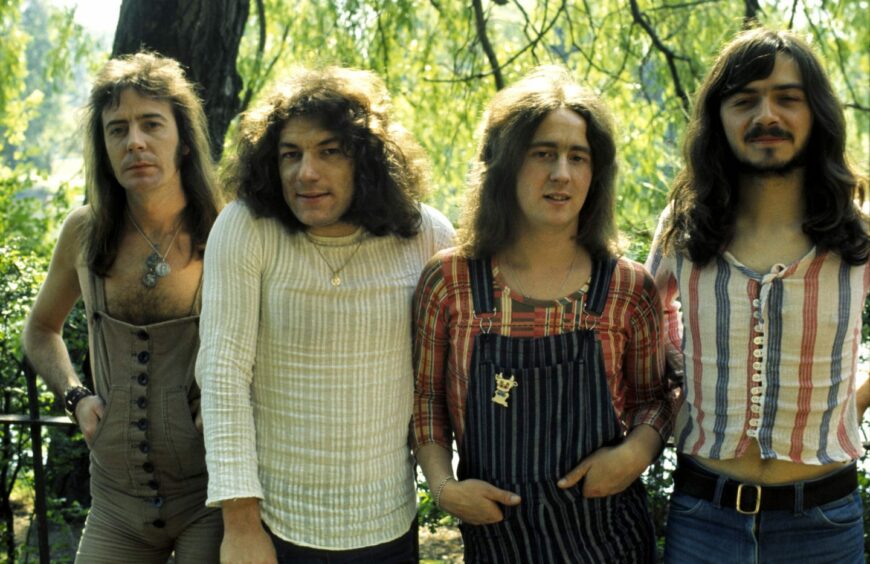

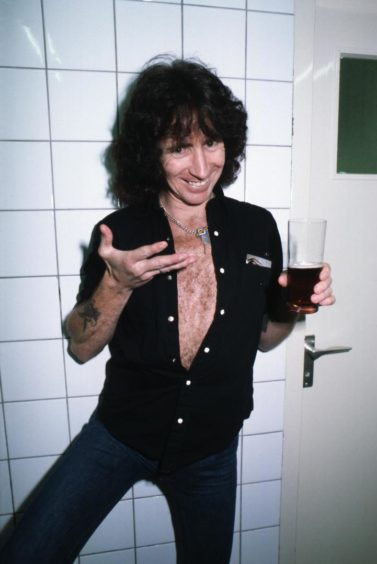
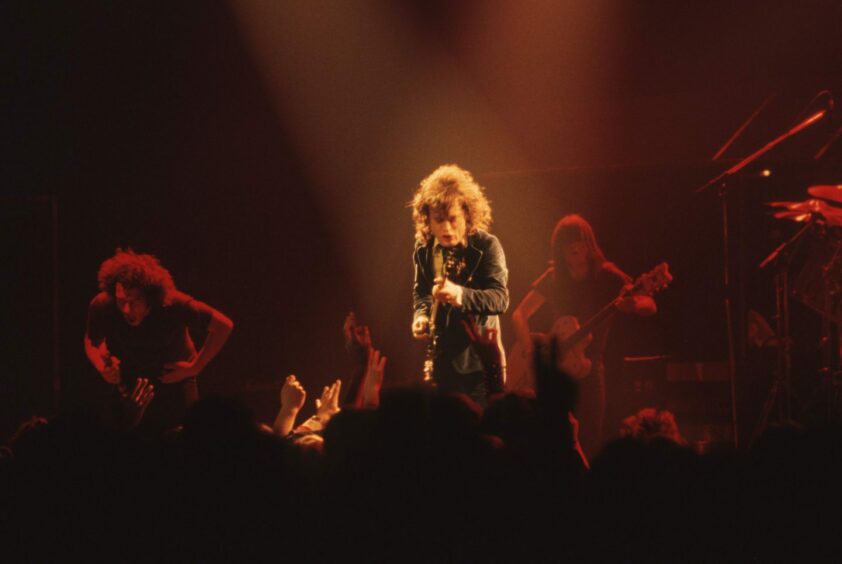
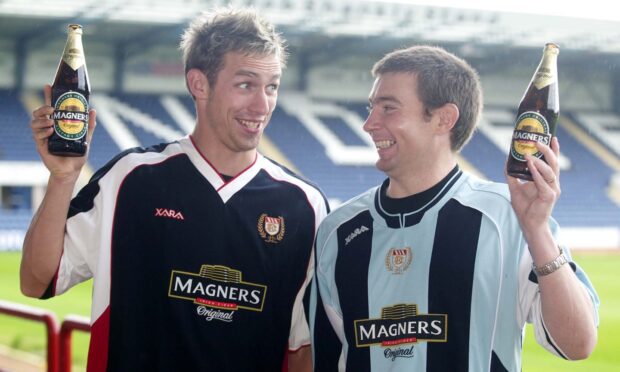
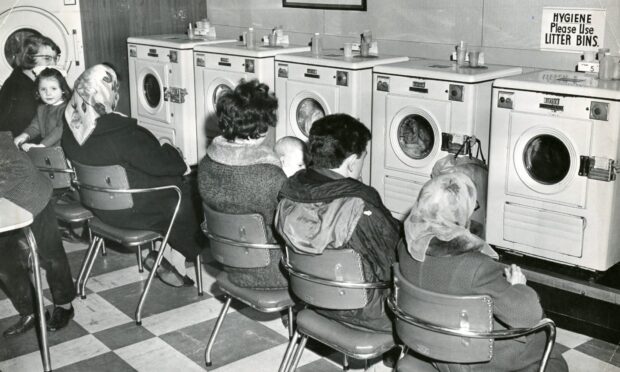
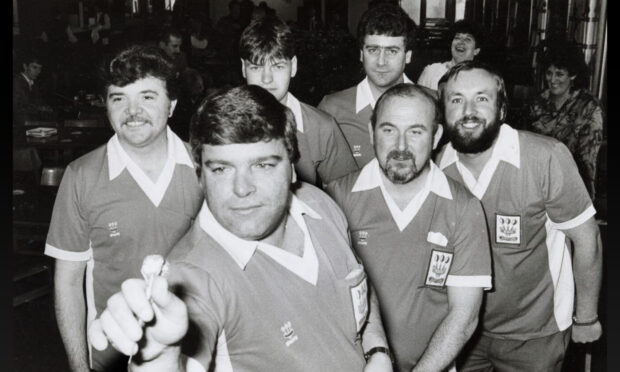
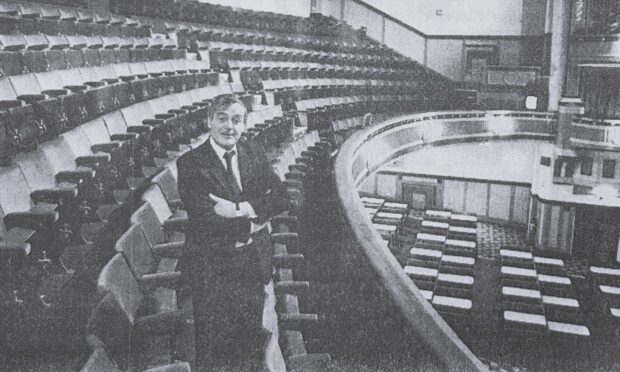
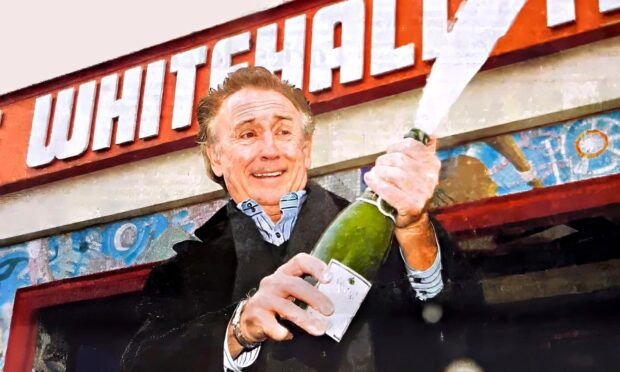
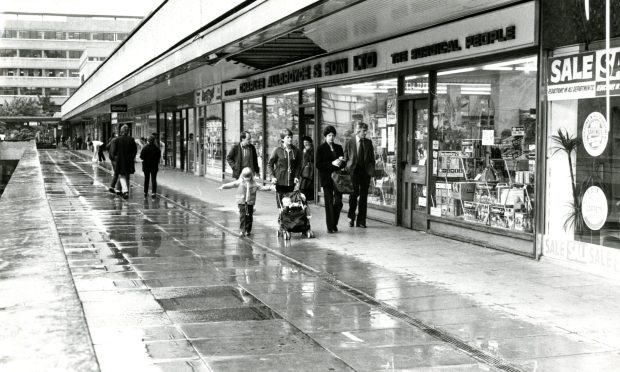
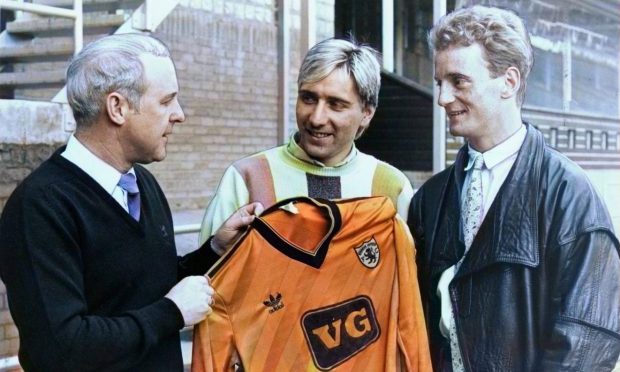
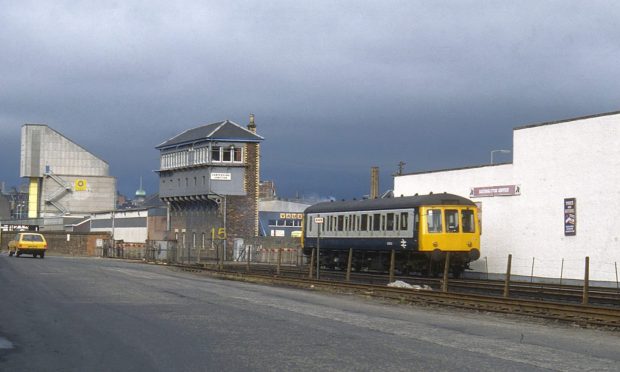
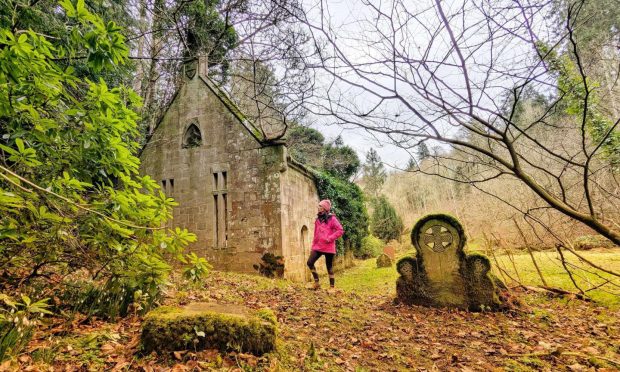
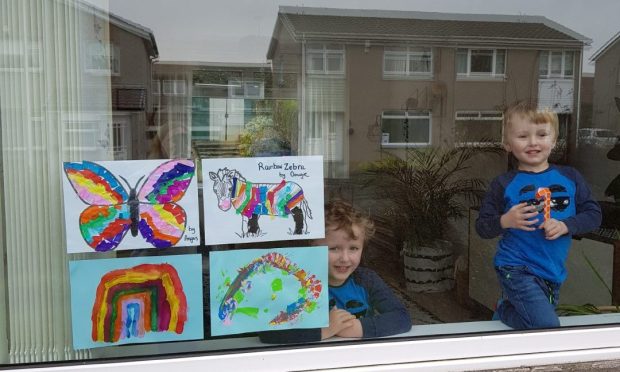
Conversation